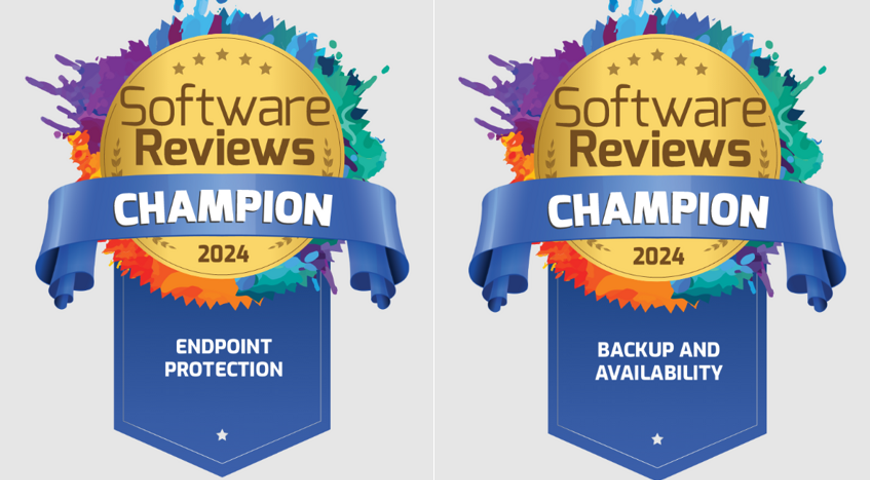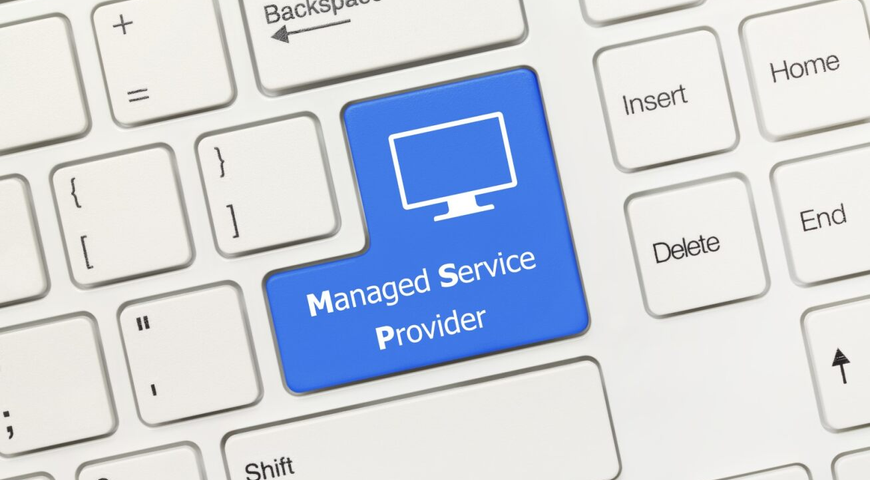
Computer users today don't necessarily need to know the details that make their machine work. They can take it out of the box, plug it in and get to work. But those out-of-the-box settings aren't sufficient for some users. They need the ability to arrange file systems, restore boot records and split partitions. To tailor computers to their needs, these users need a disk management tool. Here, Vartan Minasyan, lead program manager for consumer products at Acronis, discusses how these technologies help prosumers and IT admins better protect and manage their data:
What problems does a disk management tool solve for users?
Modern computers come almost completely pre-configured from the factory. The majority of people are content with those factory settings — but some people want more control. Other users prefer a different setup in terms of file systems, volumes and other drive settings. A disk management tool allows users to customize their computers and hardware, manipulate data and change the layout of volumes without risk of jeopardizing any data.
The second problem the tool solves is functionality. For example, a common reason why computers fail to boot is because the boot volume crashes. The cause could be a software malfunction, a virus, human error or a power outage. Acronis Recovery Expert, a feature of Acronis Disk Director 12, resolves this by recovering and repairing the volume, either automatically or in manual control mode. Other features help to build a bootable media based on a CD, DVD or USB drive to boot a computer when it fails to boot naturally.
Data protection is the third problem that disk management tools solve. Prosumers and SMB IT professionals know that hard drives fail. It’s only a matter of time. Users who want to save data directly from the original drive on their computer can use a tool’s data cloning functionality to handle basic backup operations. Data cloning also creates a one-to-one copy of a hard drive, and allows users to quickly upgrade to a larger hard drive. If there’s a complex volume structure, the tool will create new volumes and size them proportionally to the new disk size.
Are these problems new?
The biggest change is the amount of data that people create and store. The same types of computers existed 10 years ago, but the drives were smaller and there was less data. Now, people keep a lot more data on their computers, including photos, music, videos that they don’t want to lose.
What type of users will benefit from a disk management tool?
A disk management product makes sense for people who have a lot of hardware, multiple computers that likely run different operating systems, and different generations of software. The more hardware people have — and the more data in general that they have — the harder it is to perform operations such as migration and data manipulation.
Data manipulation tools are also beneficial for people who handle IT for several companies. These IT administrators don’t have a lot of time for data manipulation. Disk management tools can save time by allowing them to completely manage hard disks — from partitioning, manipulation, cloning, booting, merging, splitting and moving data all within the same tool — and lets them service more computers in a shorter timeframe, without the risk of losing their customers’ data.
In that scenario, are there other benefits to using a disk management tool?
It allows IT personnel to do their jobs more effectively across different clients. For example, a disk management tool can help IT deploy new computers quickly.
The tool also allows IT to restore an important user’s computer if something were to happen to the data. The IT admin would go to the office, perform a disk clone, put the clone on an external drive and store that drive in a safe place. If something were to happen to the computer, the admin would simply retrieve the disk and recover the computer, without having to reinstall the operating system or the applications — and without losing any data.
About Acronis
A Swiss company founded in Singapore in 2003, Acronis has 15 offices worldwide and employees in 50+ countries. Acronis Cyber Protect Cloud is available in 26 languages in 150 countries and is used by over 20,000 service providers to protect over 750,000 businesses.




